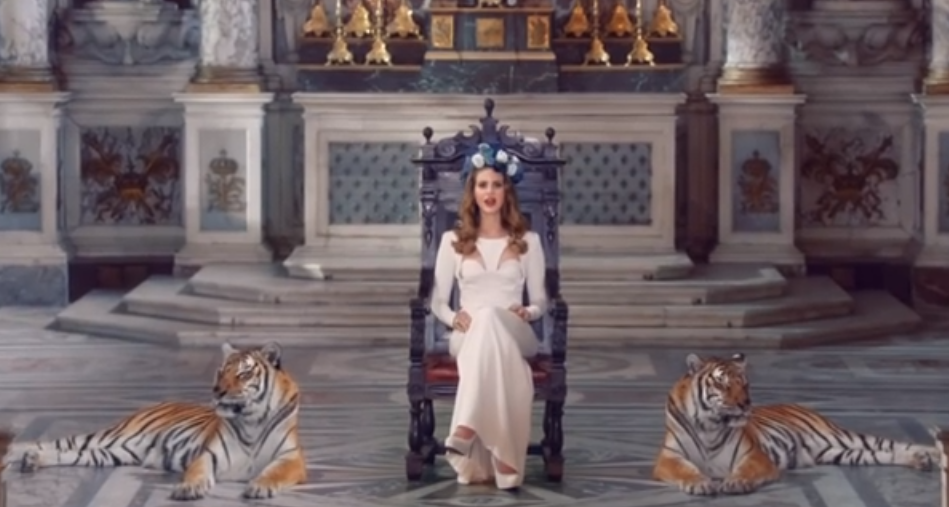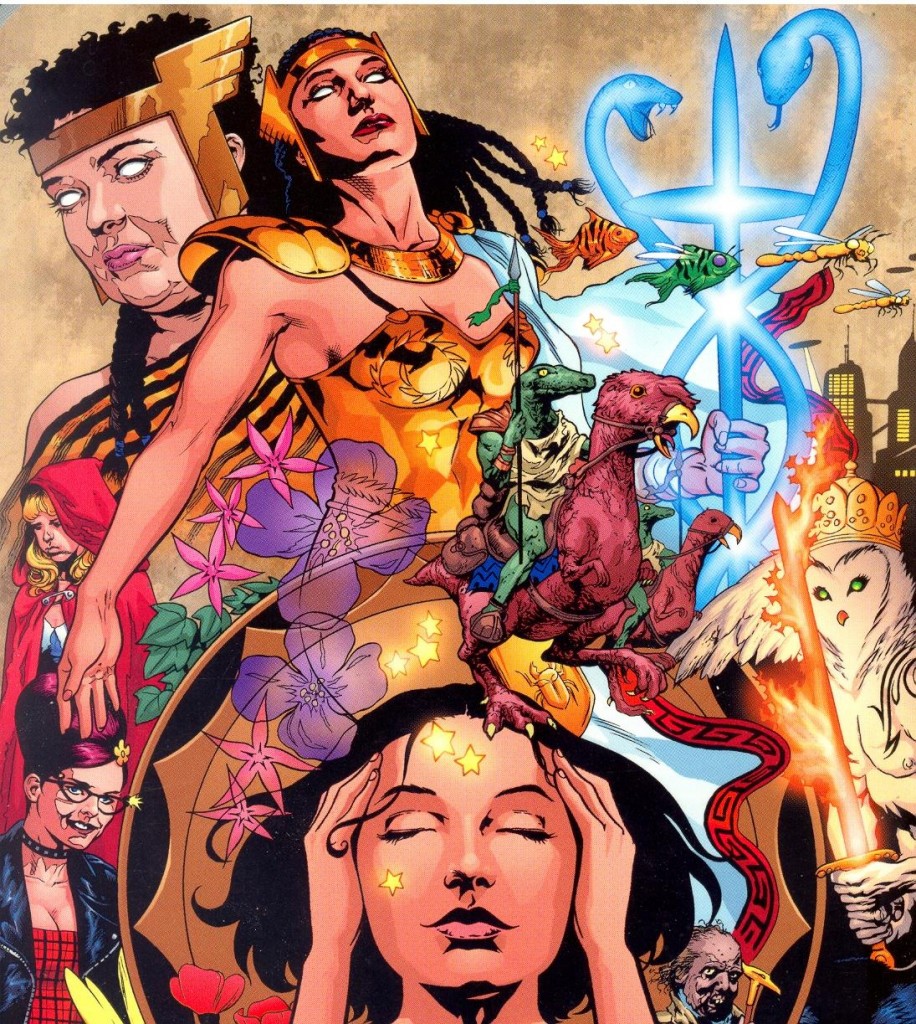Quick apologia for Lana Del Rey
by Vinay Gupta • July 12, 2014 • Everything Else • 1 Comment
There’s a ton of informed bitchiness about Lana Del Rey over at The New Inquiry. A certain… misapprehension of the phenomena. Or possibly they’re trolling and I’m feeling gullible, I can’t tell. It’s the New Inquiry!
But if I may shed a little light.
Born to Die is chunk of applied hermetic philosophy. Lizzie Grant goes to Fordham to study metaphysics, and it sticks, never mind her dodgy guru experiences.
There are two levels of reality portrayed in the video. In one, “dead Lana” exists in her paradise as a queen, dodgy CGI tigers and all. In the other, she’s the Blonde In The Car, living out her ordinary material life, driven slightly off her rocker by the knowledge of her own mortality. She spins out version after version of Blonde In The Car: Lolita, the Other Woman in various forms, a series of roles she can play with ease because they are not real to her. It’s a dress up box of identities, a one person parade of potential beings.
And this is the secret of Lana Del Rey’s work: she is living as a person who is consciously certain of their own death.
You see this again in Ride – falling through space, insanely high risk behavior, living life as if it is a game with no stakes, no outcomes: nothing is real, and nothing matters.
“Who belonged to no one, who belonged to everyone… an obsession for freedom that terrified me to the point that I couldn’t even talk about, that pushed me to a nomadic point of madness…” there are hints that she actually did this, in some form, in the real world. Maybe.
She’s portraying the female Tyler Durden.
The young gnostic at war with the world.
Once you understand that nothing is real, that you will die, that everything is permissible, much comes. You can do anything, but not everything. You can get into, and out of, scrapes that would lose other people their skins. Having nothing becomes total freedom, and that nothing can include truth, identity, certainty, faith – even wisdom and knowledge can go, as the soul tries to bottom out the void.
That’s what’s happening in Lanaland. By the sound of the biography, she woke up hard, blew out, fell through space for a few years, and finally figured out how to dump the energy and the vision into the world, becoming a little more, and a little less than human in the process.
These things are not mysterious. You can get there from Jung, for example, but if you want the primer for our times, it’s Alan Moore’s Promethea.
There in the centre is Lizzie Grant, with her shattering gnostic insight throwing off sparks of identity as burning songs, entire people, lives, perspectives synthesized from the mythic fabric of America, given light by one young woman’s enlightenment.
Dreaming into the world of surfaces, she is, perhaps quite consciously, Babalon. All things to all people, utterly self-possessed, and here for herself: not you.




Very interesting. I think that your take on Lana Del Rey and that of The New Inquiry (TNI) are not opposed–you describe her motivation, methods, and message, while TNI focuses on how all that translates into a reception within American culture. Though some of the TNI essays do read like trolling, and when they talk about her directly (rather than her music and its cultural placement), it becomes clear that they don’t understand what you outline above.
Instead, I think the TNI authors believe that each of the “sparks of identity” that Lizzie throws out are meant to be sincere, political/cultural statements designed to drive nostalgia for a glorious golden period of America. They view her through a political lens and see either sincere advocacy for something disagreeable or a sinister money-making ploy that plays on cultural nostalgia.
Before reading your post, I saw only that last one–playing boring music laced with nostalgia in order to gain fame and money. I live in the US, and the people I know who like her music are not drawn to it for the same reasons you are. They like the sad Americana retro nostalgia feel, and the perception I have is that this is how it plays out in our culture.
Thank you for the different perspective. While her music and lyrics don’t really appeal to me, it’s good to know that there’s something more there, regardless of how US culture (and its commentators) interprets her.